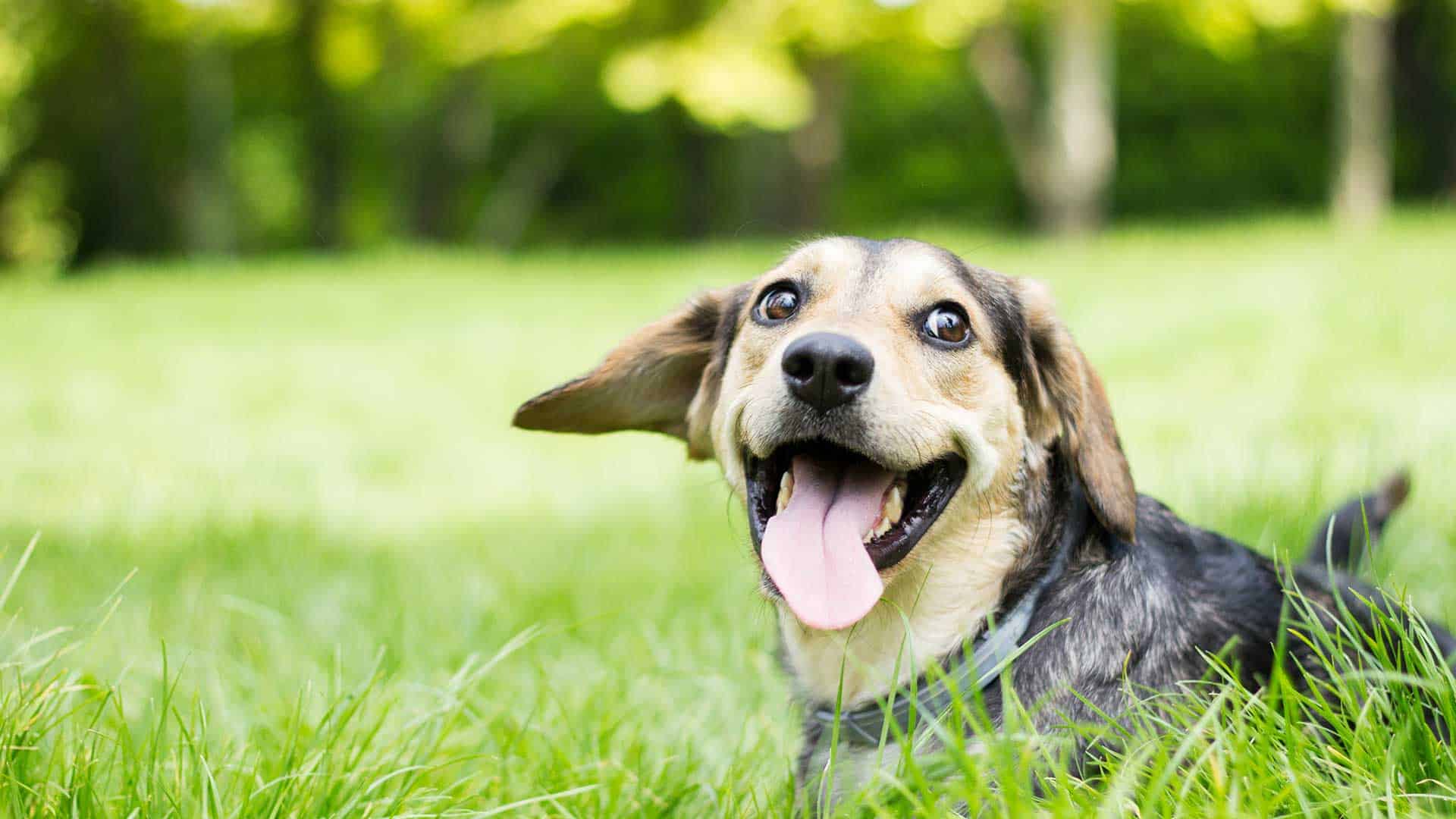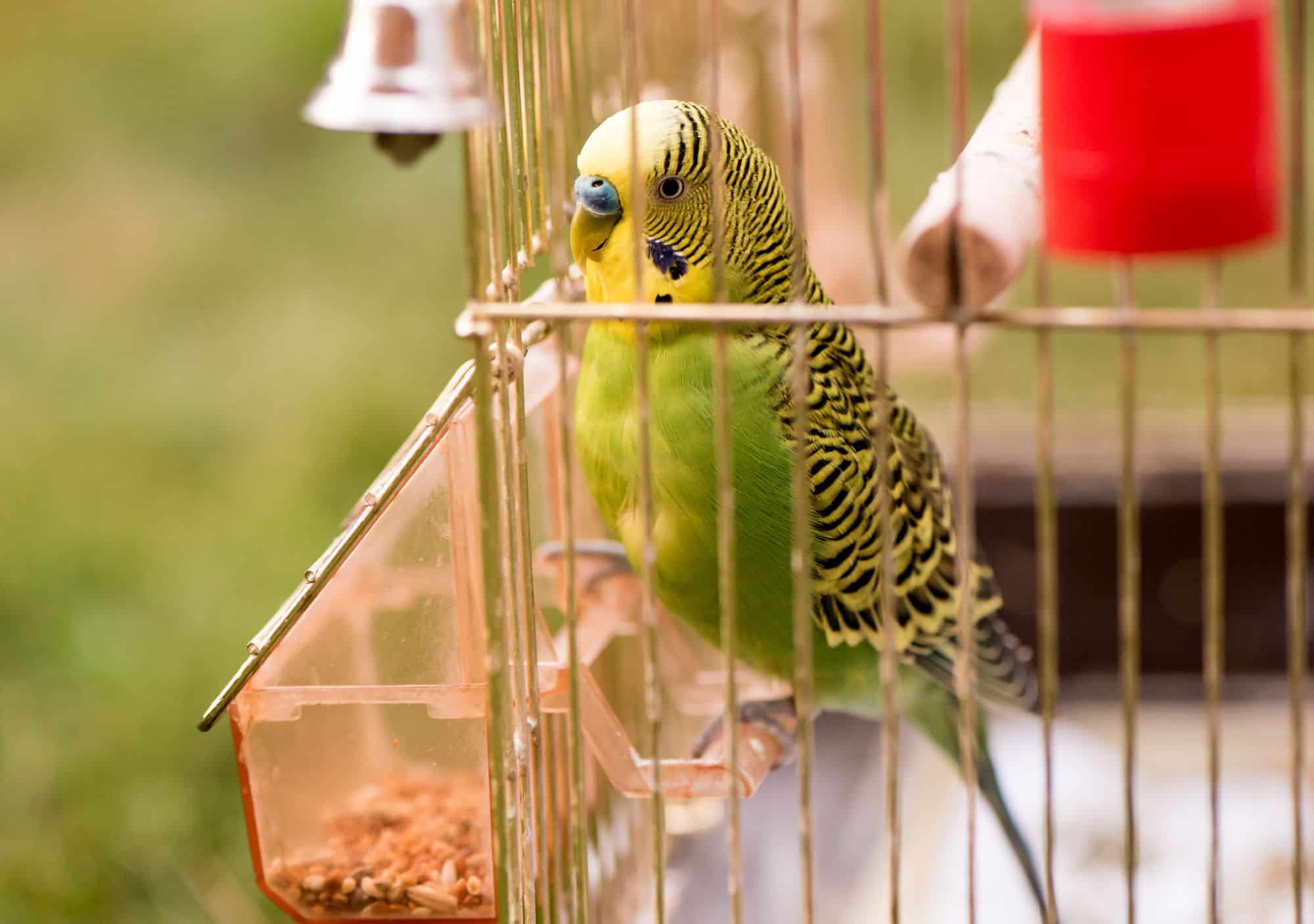Creating a Safe and Stimulating Environment: Choosing the Right Enclosures for Your Exotic Pets


Adoption rates of exotic pets continue to grow, owing to the fact that they are so unique. They make great additions to families with allergies to cats and dogs, or people that live in smaller homes or apartments. However, despite having a reputation for being “low-maintenance,” exotic pets come with highly specialized care requirements. In addition to excellent nutrition and routine veterinary care, choosing the right enclosure for your exotic pet is a huge priority.
Establishing the Basics
Lizards, snakes, rodents, ferrets, rabbits, and birds are becoming some of the most popular pets out there. They are definitely interesting animals to share a living space with. Proper care of exotic pets includes enrichment, delicious, species-specific foods, veterinary care, optimal hygiene, and adequate housing.
Home Sweet Home
Exotic pets spend most of their time in cages or enclosures. While many pets are allowed to roam the house and garden (if completely safe from escape risk or predators), their enclosure is where they typically eat, sleep, hunt, and excrete waste. Preparing to safely house an exotic pet takes time and consideration.
Highly Subjective
Each species will have its own specific set of safety and hygiene requirements. When choosing the right enclosure for your exotic pet, the following factors can be applied in order to achieve optimal well-being:
- The right enclosure for your exotic pet should, above all, be safe for them. They should never feel threatened by other household pets or kids. Their habitat must be free of items that could endanger their health, and it must securely keep them contained to prevent escape. The entire enclosure should be thoroughly cleaned on a regular basis. Be sure to provide an enclosure with great ventilation.
- The size of their enclosure is key to their happiness. They must have enough room to grow, and space should never be sacrificed to meet their daily needs. Remember that many exotic pets will need to upgrade to different cage or tank sizes as they get larger. If they do not have enough space to behave naturally and/or instinctively, you will need to upgrade so they may run, stalk, sunbathe, or soak as they like.
- You should carefully consider the bottom layer of your exotic pet’s enclosure. Depending on your pet’s needs, you may choose between various substrates. We are happy to help you figure out what suits your pet the best.
- Food and water are essential, and must be rotated out every day. Bowls, water bottles, and other items should be sanitized daily.
- Lighting is critical for amphibians and reptiles. Artificial, broad-spectrum ultraviolet light helps them absorb necessary vitamins and supports healthy metabolism.
- A thermostat-controlled heater and/or humidifier may be necessary to maintain health.
Exotic Pet Enclosures
Depending on the species of your pet, their ideal enclosure will help them answer their natural behavior. Some pets need to climb on branches; others prefer to hide in between rock structures or burrow inside a comfy patch of bedding. Whatever the case may be for your exotic pet, we are here to help you understand their specific needs.
True to our name, we offer comprehensive bird and exotic pet care at Animal Care Unlimited. Please call us at (614) 766-2317. Our veterinarians and staff members can’t wait to meet your exotic pet!
